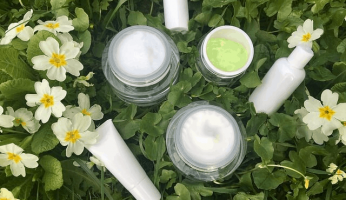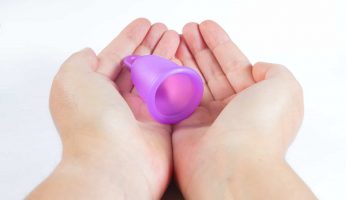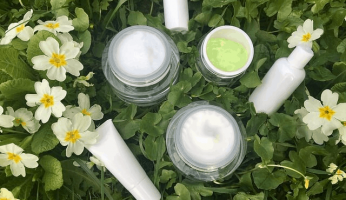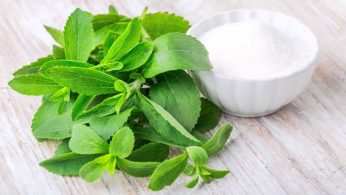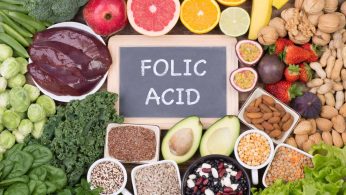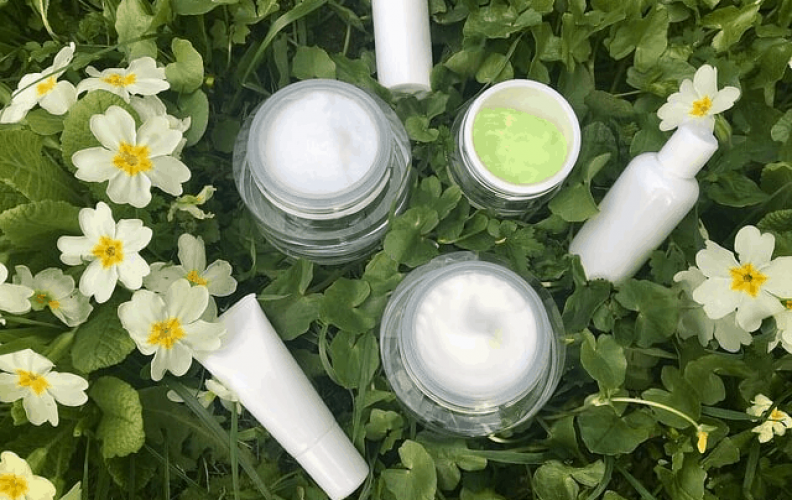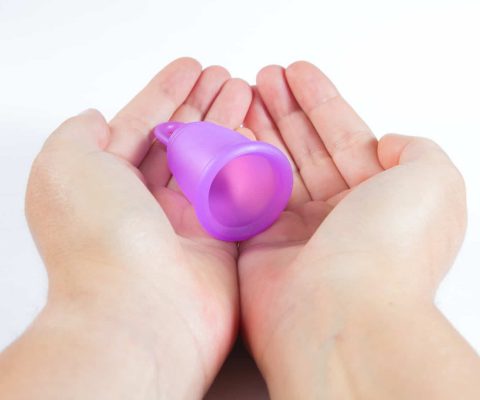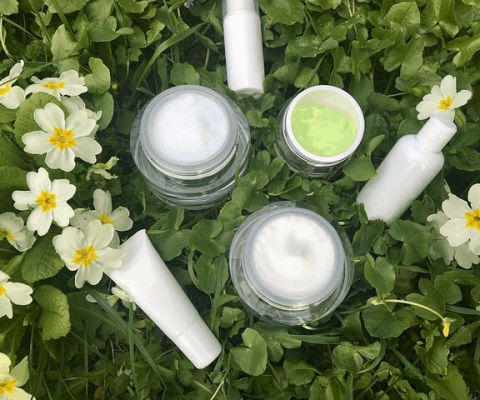How to Use Baking Soda to Clean Your Home
Disclosure: We use affiliate links and may receive a small commission on purchases.
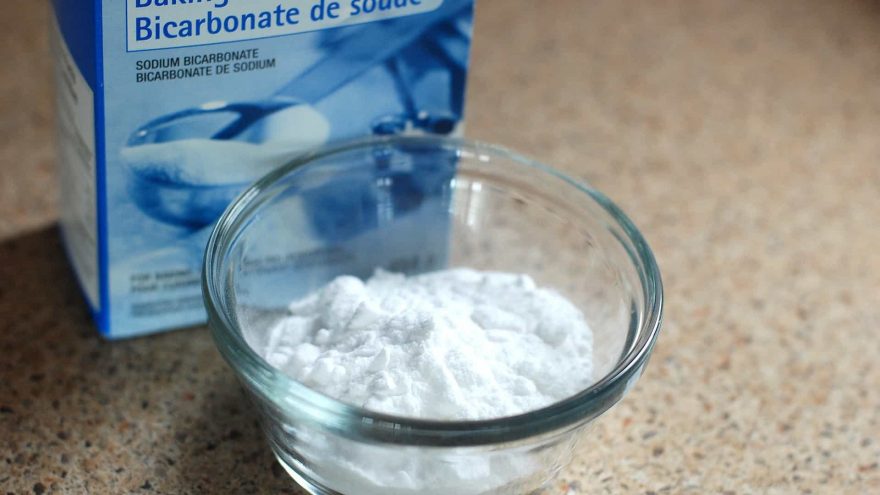 How to Use Baking Soda to Clean Your Home
thefitbay.com
How to Use Baking Soda to Clean Your Home
thefitbay.com
Everyone likes to have a clean, fresh smelling home. Grungy floors, sticky countertops, and scummy bathroom sinks not only look gross and leave a bad impression of you on guests, but they also allow dirt, dust, germs, molds, and mildews to build up in your house. Exposure to those items by both inhaling them and by touching dirty surfaces can cause a large number of health problems, so it’s important to keep your house as clean as you can.
Naturally, you’ll go out and buy the cleaning products that claim to be antiseptic, disinfectant, and that will deodorize and freshen up the fabrics and surfaces in your home. Unfortunately, most conventional cleaning products contain ingredients that are equally as hazardous for your body, and organic “green” products cost typically much more than most of us are able to or willing to pay for cleaning products.
Thankfully, there is a simple, cheap, all-natural alternative that’s just as effective as conventional products that you probably already have in your cupboard: Baking Soda.
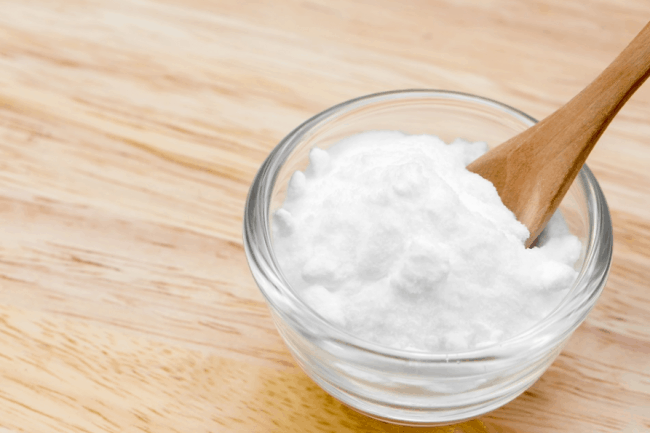
The Problem with Conventional Cleaning Products
First off, it’s important to understand just what makes regular cleaning products so damaging to our health. Many of the soaps, detergents, and cleaners that we use everyday contain chemical ingredients that we breathe in and absorb through our skin that then circulate and build up in our bodies over time, especially in our organs responsible for detoxing our bodies (the liver, kidneys, colon, lungs, and skin). These ingredients are:
Fragrance: A term referring to hundreds if not thousands of chemicals, fragrance may trigger asthma, allergies, and migraines. They accumulate in fat tissue and can be found in breast milk, and they also may disrupt the proper functioning of our hormones.
Volatile organic compounds (VOCs): VOCs also refer to a number of chemicals (including fragrance) that not only cause asthma and mild to serious illness, but they also have mal-effects on the ozone layer and the environment.
2-butoxyethanol: This chemical has been shown to cause breathing problems, low blood pressure, lower hemoglobin levels (for oxygen transport), and in some cases bloody urine in humans when exposed to high amounts. In animals, it has caused eye and skin irritation, liver and kidney damage, birth defects and other reproductive issues.
Ammonia: Though ammonia is found in nature and is important for human, plant, and animal life, high levels of manufactured ammonia is bad for your health. It is corrosive and can damage the skin, eyes, lungs, throat, mouth, and digestive tract. At high enough concentrations, it can cause serious burns, blindness, lung disease, and death.
Coal tar dyes: Coal tar dyes are a combination of chemicals derived from petroleum. They are a classified human carcinogen and are most commonly found in hair dye.
MEA, DEA, and TEA: These chemicals which are present to make products like moisturizer creamy and sudsy have been shown to cause skin and eye irritation, and have also been linked to certain cancers.
Nonylphenol ethoxylates: NPEs are toxic to aquatic and marine animals and organisms and have been shown mimic estrogen. They appear affect reproduction and development in rodents and have been found in human blood, urine, and breast milk, though their impact on human health is not fully understood.
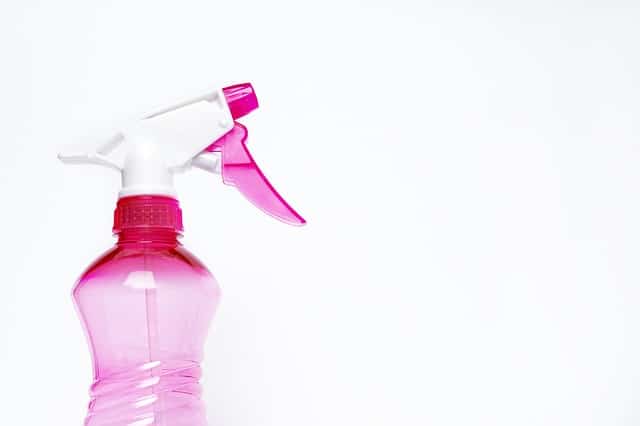
Phosphates: Though phosphates are another naturally occurring chemical that are important for human health, phosphates that have been added to food and other products can cause hyperphosphatemia, kidney disease, and cardiovascular health problems.
Quaternary Ammonium Compounds: Exposure to QACs has been shown to trigger asthma both for those already with the disease and those without, contact dermatitis (an itchy, rashed skin condition), eye, mouth, and GI tract injuries.
Silica powder: Inhaling silica powder is linked to several lung diseases, including tuberculosis, chronic bronchitis, and chronic obstructive pulmonary disease (COPD) as well as lung cancer.
Sodium dichloroisocyanurate dihydrate: This chemical is corrosive, can damage the eyes and cause permanent blindness, skin irritation, and can damage the throat, mouth, lungs, and stomach.
Sodium hydroxide (lye and caustic soda): If inhaled, sodium hydroxide can cause irritation to the nose, throat, and lungs, as well as to the skin and eyes. It can cause burns as well as severe corrosive injury to the lips, tongue, mouth, esophagus, and stomach.
Sodium laureth sulfate (SLS), Sodium lauryl ether sulfate (SLES): Both of these chemicals are highly irritating to your skin, eyes, and respiratory tract. SLES, a modified compound meant to make SLS less irritating, can easily become contaminated with another chemical, 1,4-dioxane, which has been linked to cancer.
Triclosan: Though more studies need to be done on this chemical, some animal studies have shown it decreases thyroid hormone levels, may contribute to antibiotic resistance, and its potential involvement in the development of skin cancer. Triclosan can be found in toothpastes and sunscreens, antibacterial soaps, body washes, and other common household items.
Trisodium nitrilotriacetate: Used in cleaning, laundry, and dishwashing products, trisodium nitrilotriacetate is known to be corrosive and irritating to the eyes, skin, mouth, and digestive tract, and is suspected to cause cancer.
These ingredients are all toxic and many are highly dangerous, yet they remain in many home use cleaning products because of the relatively small amounts found in each product. When you use several of these products multiple times a day or several days throughout the week, that toxicity can build up over time. This is why replacing as many products as you can with natural ones like baking soda will save you and your loved ones from overexposure to these dangerous chemicals.
How to Replace All the Cleaning Products in Your Home with Baking Soda
Baking soda is a highly effective natural cleaning product because it can be gently abrasive without scratching surfaces, can increase brightness of fabrics, and will help to neutralize odors as you clean. Check out all the ways you can use baking soda to clean your home:
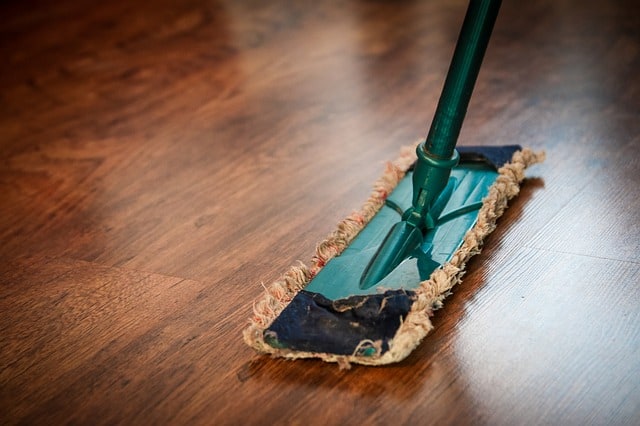
The Grill: Sprinkle some baking soda on a damp scrub brush and gently scrub away to remove grease, build-up, and unwanted stains.
Rugs and carpets: Sprinkle baking soda all over your rug or carpet and let it sit for at least 15 minutes, though preferably overnight. When the time is up, just vacuum it up.
Laundry: Add one cup of baking soda along with your organic detergent instead of bleach or a brightener to brighten up your clothes.
Floors: Dissolve a half cup of baking soda in a bucket of warm water. Mop your floors and rinse any mixture that it left behind.
Bathroom scrub: Mix together a quarter cup of baking soda with some vinegar to scrub down your counters, sinks, showers, and toilets.
Toilette bowl: For the inside of the toilet, simply add a quarter cup of baking soda to the bowl, swirl and scrub with a toilet brush.
Dishwasher and coffee maker: Add a couple tablespoons to a quarter cup of baking soda to your dishwasher or coffee maker and run an empty cycle. For the coffee maker, follow up the baking soda cycle with a clean water one to rinse out any remaining soda.
Silver: Put together 3 parts baking soda with 1 part water and gently rub onto your silverware with a clean cloth or sponge. Rinse and dry thoroughly with a clean cloth.
Kitty Litter: Mix about a quarter cup or so of baking soda into your kitty litter to neutralize any odors.
Toothbrush: Combine a quarter cup of baking soda with a quarter cup of clean water in a cup and soak your toothbrush overnight.
The Drain: Pour a half cup (for a sink) to a full cup (for a shower) of baking soda down the drain. Follow it with a cup or two of vinegar, and then a good liter of boiling water to unclog a drain. Repeat if necessary.
As you can see, there are plenty of ways you can use baking soda to replace the chemical cleaning products in your home. Switching to baking soda instead of conventional products will make your home safer for yourself, your family, your pets, and the environment. Let us know if you decide to try any of these cleaners or how you already like to use baking soda to clean your home.

